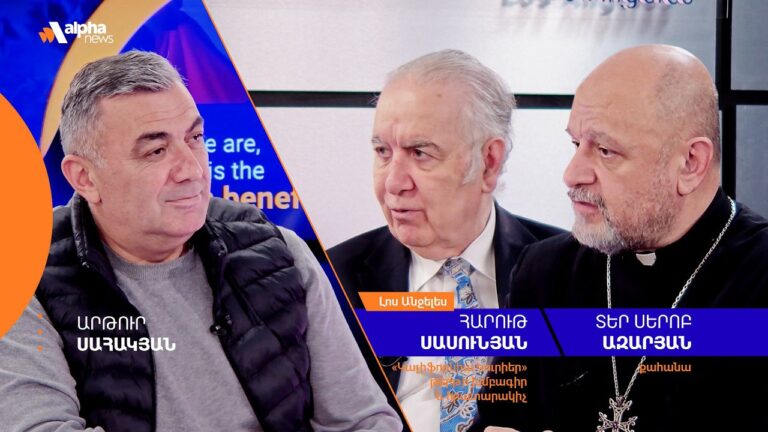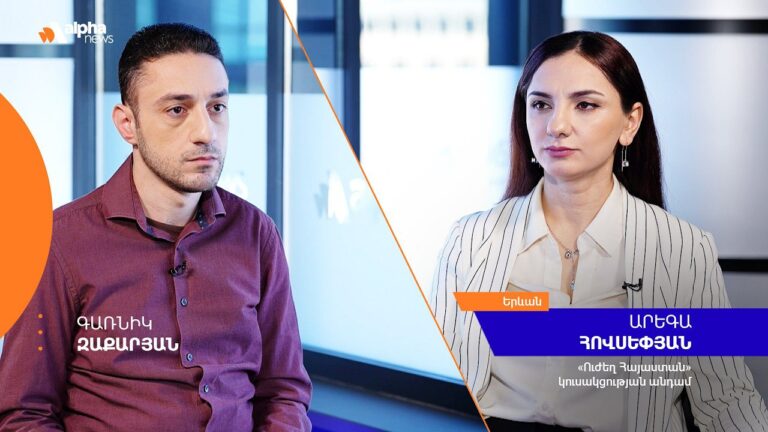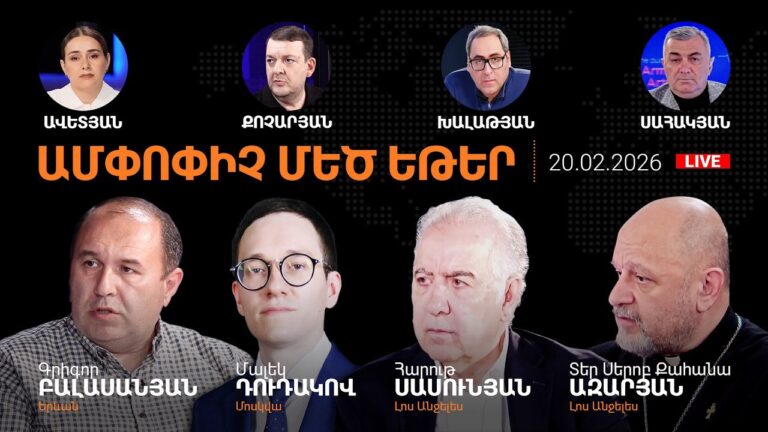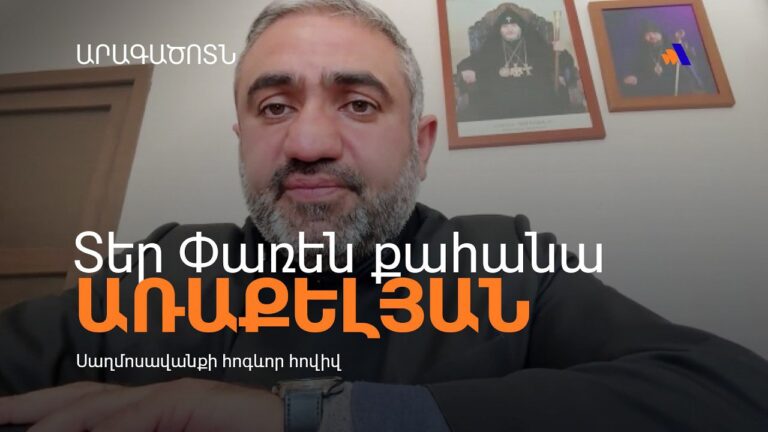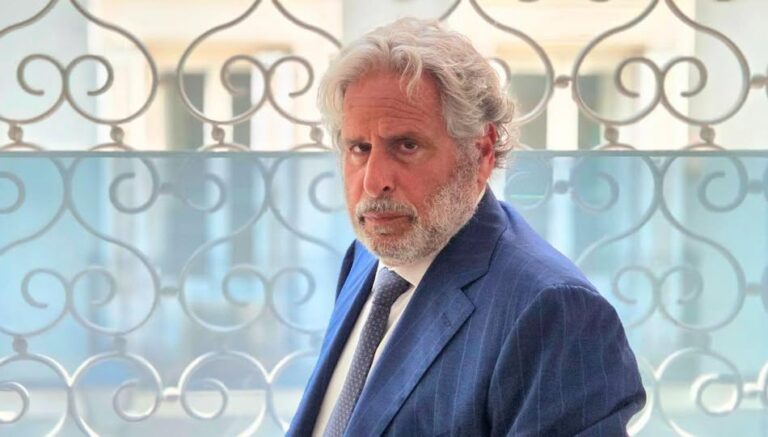Baku’s nine demands on Armenia
December 12 2024, 11:00
Baku and Ankara have grabbed Nikol Pashinyan’s government by the throat and are not going to loosen their grip. Over the past few days, the political leaders of both Turkey and Azerbaijan have made a number of statements regarding the so-called peace agreement and the processes around it.
Speaking in the Turkish parliament, Turkish foreign minister Hakan Fidan said that the final stage in ensuring peace between Armenia and Azerbaijan is coming.
“There is a glimmer of hope for peace in the South Caucasus region. We are in the final stage of ensuring peace between Azerbaijan and Armenia. Our country supports the bilateral talks,” he said.
First, we are again dealing with the substitution of concepts. The talks between Yerevan and Baku are not bilateral but trilateral, with Ankara still standing behind Baku’s back. Secondly, practice shows that since 2018, the leadership of Azerbaijan and Turkey has chosen the following strategy: to voice demands against Armenia, to achieve the implementation of these demands in various ways (war, blackmail, annexation, etc.), and to call it “progress in negotiations.”
It can be assumed that even now, speaking of a “glimmer of hope”, Ankara simply signals that Yerevan is expected to implement a number of requirements. Armenian Foreign Minister Ararat Mirzoyan says that 15 of the 17 articles of the so-called peace deal have been agreed upon, creating the illusion that the parties are supposedly close to a just peace, but is this so? Are we close to peace? And are there only two issues on which the parties do not have mutual understanding?
If we analyze the statements of Azerbaijani officials and persons affiliated with the Aliyev regime, we can state that Baku has at least nine demands:
Armenia’s provision of the “Zangezur corridor” under Azerbaijan’s control with the construction of communications, which will be used by the Azerbaijani and Turkish sides at the expense of the Armenian budget;
1. Resettlement of tens of thousands of Azerbaijanis to Armenia;
2. Amendments to the Constitution of the Republic of Armenia;
3. Demilitarization of the Armenian army;
4. The withdrawal of Russian troops from the Armenian-Turkish and Armenian-Iranian borders, as well as the withdrawal of the 102nd military base;
5. Withdrawal of EU observers from the Armenian-Azerbaijani border;
6. Cancellation of the decision to ratify the Rome Statute;
7. Dissolution of the OSCE Minsk Group;
8. Withdrawal of the Armenian lawsuits against Azerbaijani war crimes.
But what does Armenia get in the end? If we analyze Azerbaijan’s statements, it is obvious that Baku considers five proposals on a peace agreement, which the Azerbaijanis made in 2021, to be the basis of the negotiation process in general. The proposals included a clause on the implementation of economic projects “that are of joint interest to the countries.”
Here the question arises: what economic interest of Armenia can be protected if Baku’s nine preconditions are fulfilled? How can Armenia implement projects if taxes collected from economic activity are carried out on the territory of a state whose authorities are unable to ensure territorial integrity and sovereignty?
Think about it…

